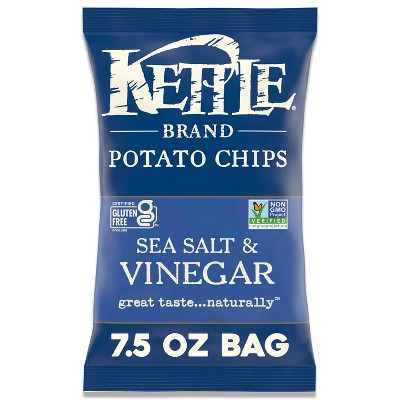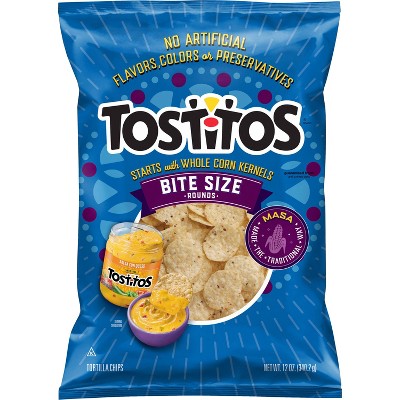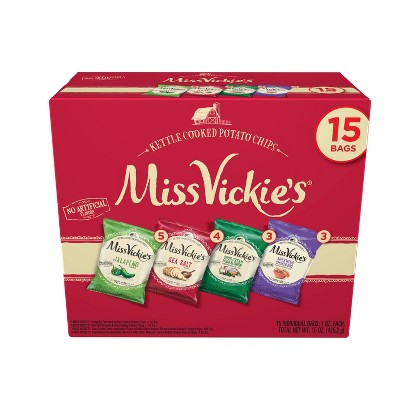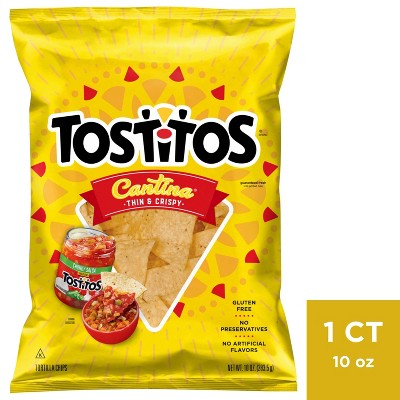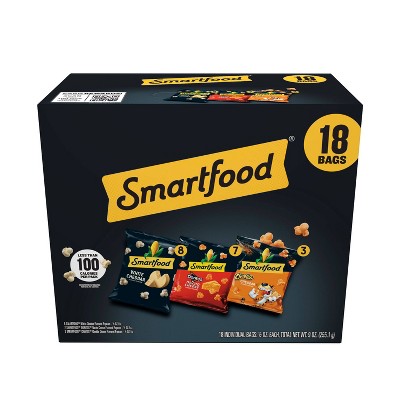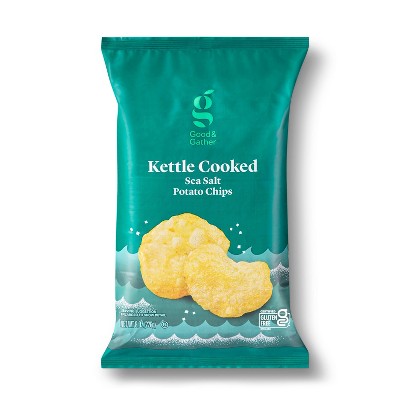Sponsored




Coca-Cola Zero Sugar Soda - 12pk/12 fl oz Cans
In Stock
Sponsored
About this item
Highlights
- Coca-Cola Zero Sugar sodas deliver cola taste with zero sugar and zero calories for endless refreshment
- This zero-sugar soda delivers iconic cola flavor in every sip
- Delicious and bold, Coca-Cola Zero Sugar is the refreshing drink that brightens your day
- A carbonated soda pop with a smooth cola taste, best enjoyed chilled for maximum refreshment
- 12 pack, 12 fl oz cans of Coca-Cola Zero Sugar-refreshingly fizzy no sugar drinks to enjoy alone or paired with your favorite meals
Description
This isn't just a soda pop; it's your go-to for any occasion. Pair it with pizza during game night, burgers at your backyard hangout, or tacos at the weekly family dinner. It's the refreshing drink that fits into your routine seamlessly, just like it was made to be there. And thanks to its formula, you can experience maximum enjoyment with zero calories.
When it comes to carbonated soft drinks, Coke Zero Sugar is in a league of its own. Sugar-free drinks don't always get this much love, but this one? It's earned its spot in the fridge. Crisp taste, smooth flavor, and every bit as delicious as the original Coca-Cola. Delicious soda, zero sugar. Grab a cold one, kick back, and enjoy.
Serving Size: 355.0 mL
Serving Per Container: 12
Amount :
Ingredients:
Allergens & Warnings:
PHENYLKETONURICS: CONTAINS PHENYLALANINEShipping details
Return details
Q: What is the soda sweetened with? aspertaine or something else?
A: As of late 2024 it's is sweetened with stevia and aspertaine
submitted byKeto Queen - 7 months agoA: It contains Aspartame. 7 Things to Know about Aspartame, Phenylalanine, and Those Scary Warnings on Soft Drinks Fooducate community member Skyler asks about a warning she saw on a pack of gum - "Phenylketonurics - contains phenylalanine" What is this? And what does it have to do with chewing gum? Or diet soda? What you need to know: 1. Phenylalanine is an amino acid. Amino acids sounds scary, but they are actually the building blocks of protein. 2. Phenylalanine is actually an essential amino acid. This means the body cannot create any on its own, and thus must receive it as part of a diet, usually when consuming proteins. 3. So where can one find phenylalanine? In breast milk (for babies), and in most animal products (meat, dairy, eggs). 4. Oh, and in aspartame too. Yes, that cursed artificial sweetener breaks down into several components in our body, one of them being phenylalanine. So what's with the warning? 5. Turns out that one in 15,000 people in the world has a genetic disorder called Phenylketonuria. Their body can't metabolize synthesize phenylalanine. As it builds up in the body, it causes all sorts of bad things to happen, such as mental retardation, seizures, and other brain damage. 6. People suffering from Phenylketonuria (or PKU) are called phenylketonurics. They need to constantly monitor their protein intake. They are also warned about consumption of products containing aspartame - hence the warning on labels - "Phenylketonurics - contains phenylalanine". 7. If you don't have PKU, you probably don't need to worry about harmful health effects of phenylalanine. But that doesn't mean that aspartame is healthy for you, or that diet drinks are a healthy choice. As for gum - choose those sweetened with Xylitol. If anyone of our readers suffers from PKU, give us a shout and tell us of your experience making the right food choices.
submitted byAspartame - 7 years agoA: Aspertaine Diet Sweetner
submitted byHappy Grammie - 2 months ago
Q: do you provide invoice
Frequently bought together
